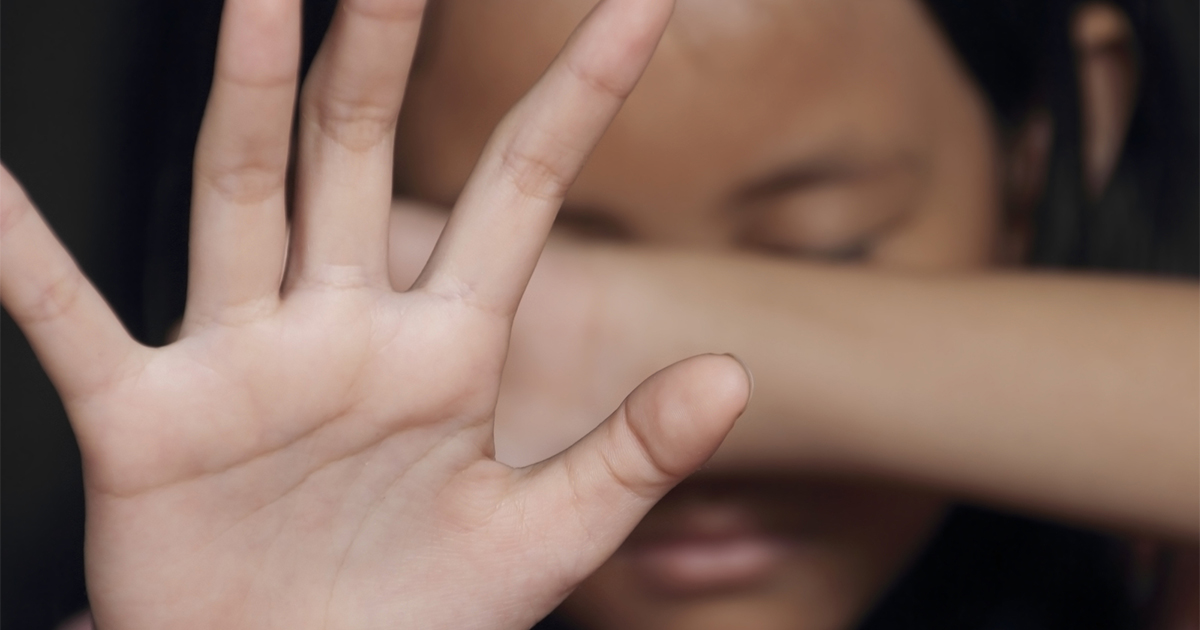Jodie Foster Nailed the Reason Some Rape Scenes Are Gross (and Some Aren't)

By:
Actress and director Jodie Foster opened up about Hollywood's "rape trope," Variety reported.
“One of my biggest pet peeves as an actor was always that whenever a writer, a male writer, was searching for motivation for a woman, they would just always go to rape,” Foster said. “It was like, I wonder why she’s a box of tears? Oh, she was raped. I wonder why she’s having trouble with her boss? Well, its because she was raped.”
Using rape as a backstory.
As the actress pointed out, films and TV shows often use rape scenes or backstories to explain female characters' behavior, without actually addressing sexual assault and its psychological impacts realistically or with depth.
“If you really go to what was the overriding motivation that that woman that you found out at the end, it was always rape because for some reason men saw that as — they did — they saw that as this incredibly dramatic thing,” Foster went on. “‘Well that’s easy! I can just pluck that one out of the sky and apply it to her.'”
"Rape as backstory" takes on many forms, and it even turns up in critically adored films and TV shows.
Sometimes, rape is depicted as a source of female power.
Revenge and superhero films often use sexual assault to explain the origins of a powerful female character.
In Quentin Tarentino's "Kill Bill," protagonist Beatrix Kiddo (Uma Thurman) is sexually assaulted by a stranger while she is in a coma. When she wakes up, she has a brief flashback, kills the perpetrator and steals his car — a yellow truck with the words "Pussy Wagon" painted on it.
The scene is simply used to advance the plot and show yet another instance of Beatrix Kiddo as righteous superwoman, enacting violence on those who have wronged her — as she continues to do throughout the film.
While a woman taking the wheel of her attacker's vehicle could be symbolically empowering on some level, the film fails to address any lasting psychological effects of sexual assault.
The fact that Kiddo has been raped is in no way significant to the larger narrative arc of "Kill Bill," nor does it grant the character any emotional depth that might reflect the experiences of actual victims of sexual violence.
"To credit sexual violence with the creation of heroes robs them of their agency," Melissa McEwan, the founder and manager of the blog Shakesville wrote in a post republished by Bitch Flicks. "And, worse yet, it gives the credit to rapists."
Sexual assault can also be used to develop male characters — which glazes over victims' experiences.
HBO's "Game of Thrones" also has been criticized for its use of gratuitous rape scenes. In a particularly controversial episode, the character Sansa (Sophie Turner) is raped on her wedding night, and her screams serve as the soundtrack to a shot of her friend Theon (Alfie Allen) who is watching and unable to intervene.
The episode seemed to use rape to show a male character's sense of emasculation — underscoring the fact that Theon was literally castrated earlier in the series — rather than expressing the victim's experience with any nuance. Sansa's rape is not about her, nor is it about sexual assault — it is used to illustrate a crisis of masculinity.
Senator Claire McCaskill (D-Missouri) even slammed the scene in a Tweet and announced that she would no longer watch the show as a result.
Sexual assault isn't a plot point.
One in six American women is raped during her lifetime, according to Rape, Abuse & Incest National Network.
It is both true and deeply powerful that women can endure sexual violence and ultimately find strength. Yet, despite what TV and movies often suggest, this doesn't happen overnight.
 Bigstock/airdone - bigstockphoto.com
Bigstock/airdone - bigstockphoto.com
When characters who have experienced sexual assault appear only marginally changed in the next scene, or emerge strong, ruthless superwomen, the actual impacts of sexual violence are ignored.
Sexual assault isn't an obstacle you have to go through to become "who you really are" — it is a violent crime.
The rape trope comes into play when male writers fail or choose not to explore female psychology.
When male writers use sexual violence to superficially grant female characters strength or complexity, it not only trivializes sexual assault, but reflects a larger disinterest in how women think, feel, and act.
Foster asserted that this trope appears when lazy male writers need to explain female behavior, but don't actually understand or care about female psychology.
“They were unable to put themselves in her shoes and her body and say, ‘She was competitive with her mother,’" she said. "They were unable to make that transition.”
Still, it's worth mentioning that there are productive ways to talk about rape in popular media — by focusing on victims psychological experiences, as well as how trauma colors day-to-day life on a practical level.
AMC's "Mad Men" did a particularly good job of this by illustrating how character Joan Holloway (Christina Hendricks) struggled to process being sexually assaulted by her partner. The 2015 film "Room" was also applauded for its unflinching look at sexual trauma, and the way it detailed the everyday experiences of a woman trying to raise her son while being held captive by her abuser.
